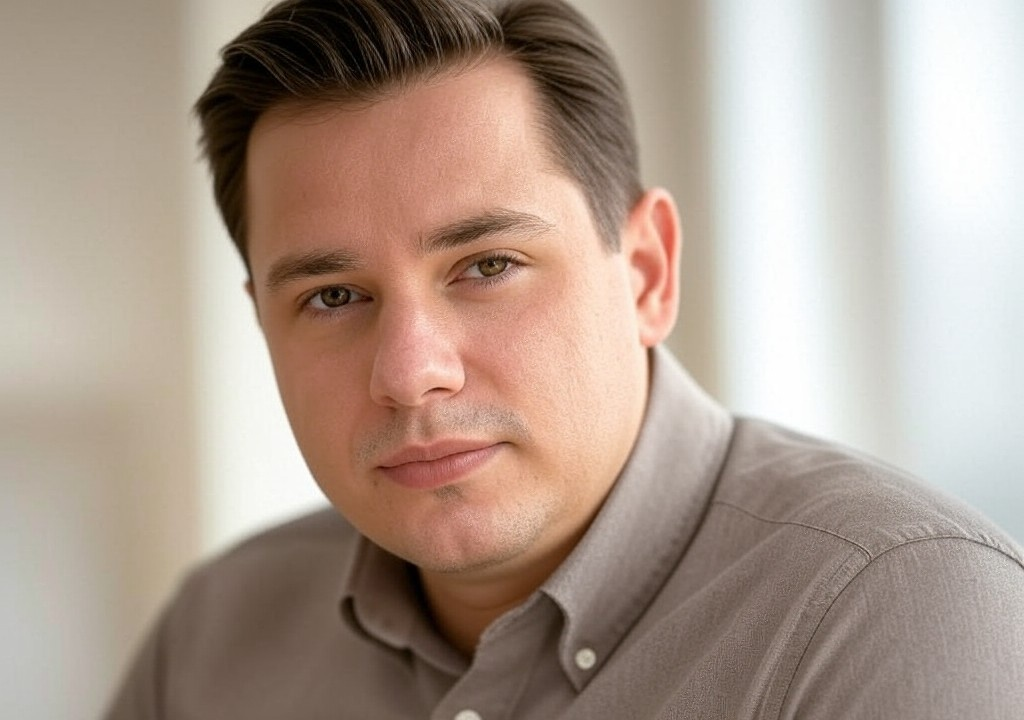The Fear I Conquered
Standing at the edge of a rocky cliff on Crete, staring down at the crystalline waters of the Aegean Sea, I found myself paralyzed. Not from the dramatic height (though my mother’s sharp voice chimed in my head, as if she was personally delivering a warning about broken bones) but by an entirely different force: my lifelong fear of vulnerability.
It’s funny, isn’t it? You’d think island life—where everything from who makes the best tzatziki to who’s dating whom is common knowledge—would have toughened me up to the idea of being seen, heart and all. But hiding behind layers of charm and witty banter? I had it down to an art form. Vulnerability, the real kind, was a leap into water I didn’t know how to swim in. But, like any good Greek drama, that fear eventually demanded resolution.
The Drama of Avoidance: How Fear Shows Up in Real Life
For years, I refused to recognize just how deeply my aversion to vulnerability shaped my relationships. On the surface, I’m charming during dates—Mediterranean charisma plus a stash of food-related metaphors can carry a conversation farther than you’d expect. But when the emotional stakes got higher, I’d retreat faster than a sunburned tourist from a midday beach.
A prime example: some years ago, I met a woman from Paris while running my boutique hotel. She was everything you’d imagine a French film heroine to be—effortlessly chic, with a disarming laugh that turned my stomach into baklava layers. We spent weeks connecting over moonlit walks, shared meals, and debates about philosophy (her: Sartre, me: Aristotle). But the moment she began asking about my fears, dreams, and the parts of me I leave unspoken, I mentally shut the door so hard, she almost heard the echo.
Why? Because raw honesty felt dangerous. It’s one thing to charm someone with stories of your loud family, your favorite coastal views, or even the goat that once chased you up a hill (true story). It’s another to sit across from someone and let them crack open the shell you’ve carried for years.
Like Zeus throwing lightning bolts from Mount Olympus, fear of vulnerability electrifies your defenses. It convinces you it’s safer to wear your armor than risk rupture. Accepting someone might see your inner mess and choose to stay? That’s the real leap, my friends.
The Big Risk: What Finally Changed
Now let me tell you how I finally broke free of this fear. Spoiler alert: it involved yet another cliff—this one metaphorical.
When you run a hotel, you get used to hosting all manner of celebrations: weddings, anniversaries, reunions. But there’s one couple I still think about to this day. They were older, in their late seventies, and they moved through the world like two well-synchronized dancers. Even in the way they squabbled over which dish to order at dinner or passed each other napkins during a particularly tear-jerking sunset, they radiated something quiet but profound.
Turns out, they’d been married for over fifty years. I made the mistake of asking for their secret, fully expecting a cliché: "communication," or "never go to bed angry." Instead, the husband smiled wistfully and said something that lodged itself in my brain: "We learned how to hurt together, and that made us unstoppable."
Something about his words stayed with me. “Learning to hurt together?” That sounded suspiciously like... vulnerability. It hit me like a plate smashing on a taverna floor. Maybe my fear wasn’t protecting me—it was keeping me from something extraordinary.
How I Finally Took the Leap
That realization didn’t magically fix everything overnight (wouldn't that be a great Netflix montage?), but it pushed me to start leaning into discomfort. And much like taking on a Spartan warrior training regimen, confronting vulnerability came with a few painful lessons.
Here’s what I’ve learned, step by shaky step, about embracing the kind of emotional honesty that transforms relationships:
1. Start Small. Share, Even When It Feels Awkward.
The first time I tried opening up, I picked low-stakes moments. I told my oldest friend about my fear of failure. I confessed to a date about a breakup I hadn’t fully processed. Picture someone attempting to break a plate of kalitsounia (sweet cheese pies) in half but crumbling most of it instead—that was me, fumbling with my emotions. But even the smallest admissions felt... freeing, like unclenching a fist you didn’t know you’d been holding.
2. Accept That Not Everyone Stays, but That’s Okay.
Not every venture into honesty will end in a Homeric romance. Sometimes, people aren’t in a place to offer the understanding or depth you need. It’s not an indictment of your value, nor should it be fuel to retreat back behind walls. Vulnerability, I realized, isn’t just about connecting—it’s about daring to show yourself, no matter the outcome.
3. Trust the Right People with the Big Stuff.
On a particularly quiet winter’s night in London, I shared one of my deepest fears: my guilt over leaving the family restaurant business to chase my own path. My then-partner didn’t just listen—she shared her own stories of second-guessing herself. That moment didn’t just strengthen our bond; it made me realize that vulnerability doesn’t have to be a solo act. The relationships worth fostering grow stronger when you allow both people to lean in.
4. Humor Helps.
Perhaps not surprisingly, cracking a joke at my own expense made opening up easier. Admitting I couldn’t cook a proper moussaka to save my life while simultaneously confessing to a fear of failure? Somehow, it lightened the emotional load. Vulnerability doesn’t always have to look like a deathly serious therapy session; sometimes, it can be served with a glass of Cretan wine and a joke about overcooked eggplant.
Why It’s Worth the Risk
The irony is, I used to believe that keeping my vulnerabilities locked away made me feel safe. Now, opening up—risky, raw, and completely human—is what truly anchors me. Stepping out into emotional honesty has made my relationships (romantic and otherwise) profoundly richer. And while I still occasionally get the urge to armor up, I’ve learned to ask myself: what’s the worst that could happen?
So, if you’re reading this wondering whether it’s worth being vulnerable—whether with a partner, lover, or even a friend—let me offer you this: there’s liberation in being seen as you are, whole and imperfect. Sure, someone could turn away. But someone else? They might sit down next to you, share their fears, and remind you that even the most fragile parts of us deserve connection.
Now, whenever I find myself staring at that proverbial cliff, unsure whether to take the leap, I remember the words of that old hotel guest: “Learn to hurt together.” That’s the magic. That’s where we grow. And let me tell you—taking that leap? It feels an awful lot like flying.
Final Thoughts: Your Turn
If you’re someone still clinging to the metaphorical edge (a perfectly normal place to be), just know this: vulnerability doesn’t have to mean baring your soul all at once. It’s baby steps. A moment of truth here, a stumble there. But most importantly, it’s about staying curious and brave enough to let others see the person underneath the layers.
And who knows? Like me, you might just find that, behind all that fear, there’s a view of connection you never thought possible—sparkling, deep, and endless as the Aegean.




















